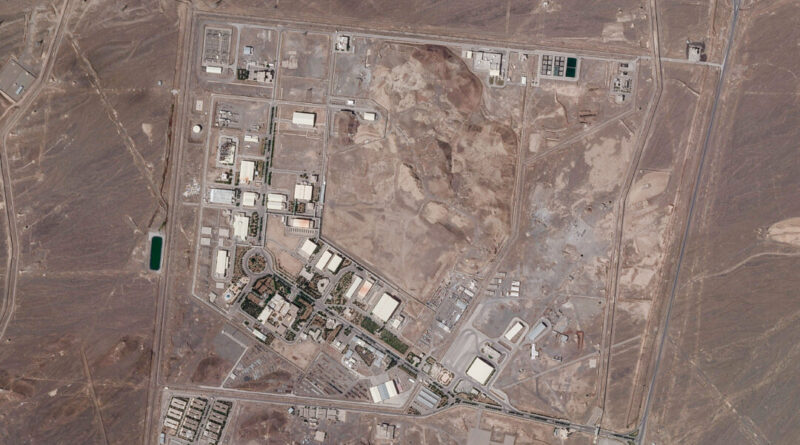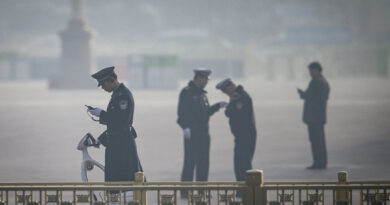The Information on Iran’s Nuclear Weapons Program: What We Know
It is emphasized by a former deputy director general of the International Atomic Energy Agency that Israel must carefully consider the consequences before launching an attack on Iran’s nuclear facilities.
The conflict between Israel and Iran, along with their proxies, is ongoing, leading to questions about Iran’s nuclear capabilities and intentions. Despite Iran’s denial of seeking nuclear weapons, evidence suggests otherwise.
Recent discussions with Ollie Heinonen, a former deputy director general of the IAEA, and Shahin Gobadi, a key figure in the Iranian opposition, shed light on Iran’s nuclear program and its potential threats.
In response to an Iranian drone and missile attack on Israel, the Israel Defense Forces carried out strikes on military targets inside Iran. However, they refrained from targeting Iran’s nuclear facilities, instead focusing on air defense systems, missile production, and launch sites.
Heinonen highlighted the challenges of Iran’s nuclear program, explaining the processes involved in creating a nuclear weapon beyond just uranium enrichment. The risk of Iran possessing nuclear weapons and the potential consequences were discussed in detail.
Gobadi shared insights from the NCRI, indicating Iran’s long-standing pursuit of nuclear weapons and the regime’s attempts to conceal details from the IAEA. The NCRI has been actively uncovering information about Iran’s nuclear weapons program.
Discussions also touched upon past attempts to thwart Iran’s nuclear ambitions, including diplomatic efforts and sanctions imposed by previous administrations. The possibility of future actions to address Iran’s nuclear program remains a topic of concern.



